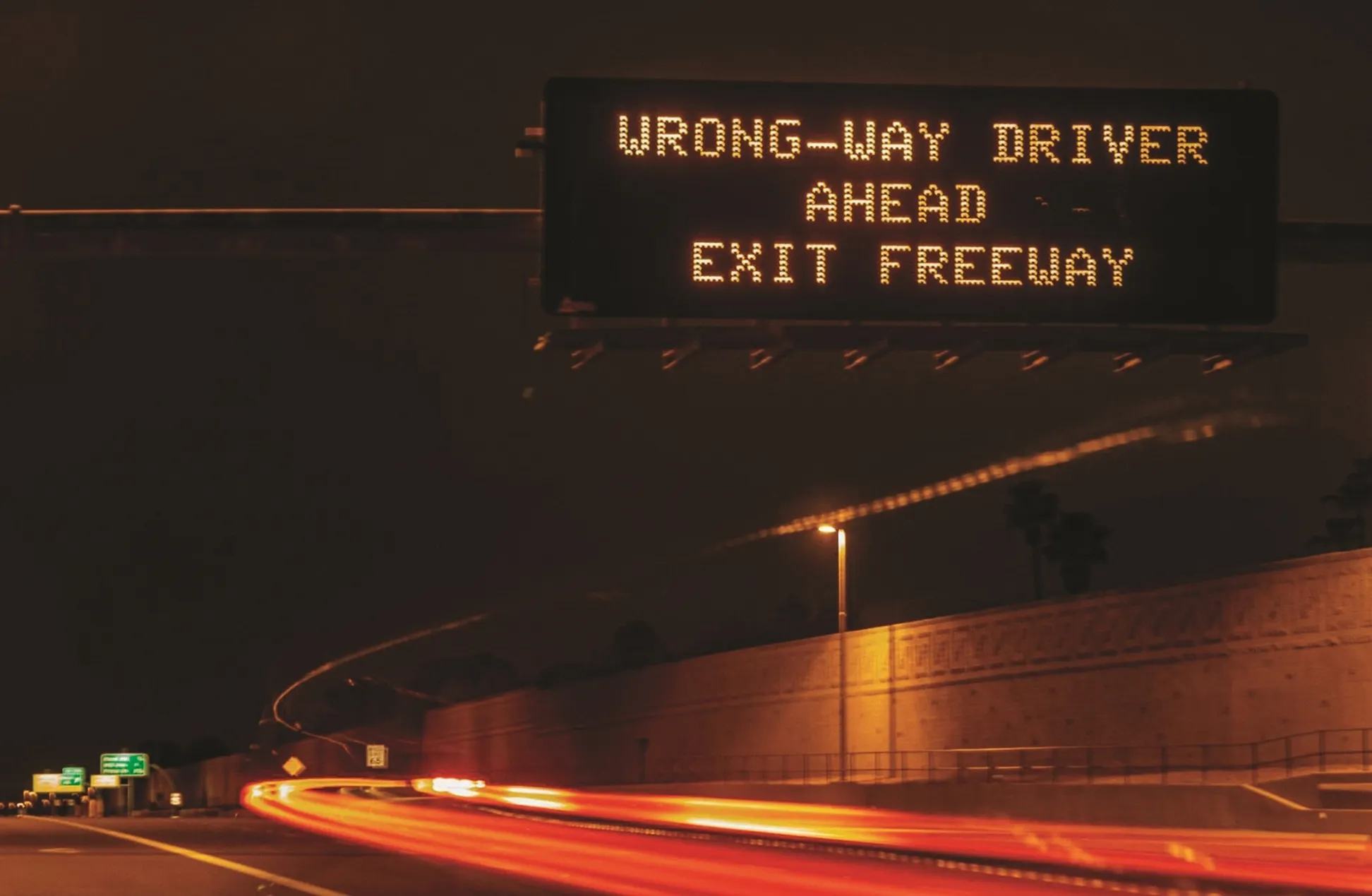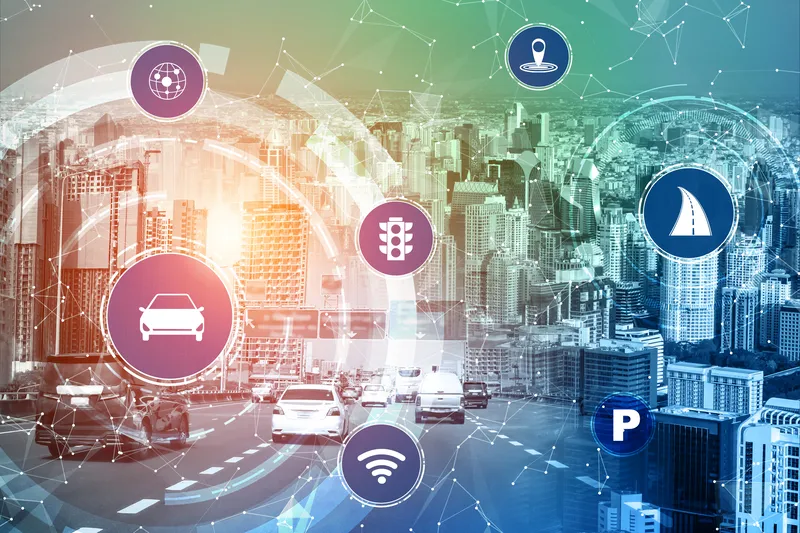"The amount of information exchanged between cars and drivers is expected to increase due to expanding demand for traffic information, destination searches, radar cruise control and other driving support functions. In response, Toyota and Intel will conduct research on vehicle-driver interfaces that do not interfere with driving.
March 23, 2012
Read time: 1 min
The amount of information exchanged between cars and drivers is expected to increase due to expanding demand for traffic information, destination searches, radar cruise control and other driving support functions. In response, Toyota and Intel will conduct research on vehicle-driver interfaces that do not interfere with driving.
With Wi-Fi and other various data transmission methods constantly improving, Toyota and Intel will research communication technologies to improve connectivity between cars and widely used information equipment, such as smartphones.
Furthermore, the two companies will research connectivity technologies and effective ways to seamlessly integrate cars with other aspects of people’s lives, including homes.










